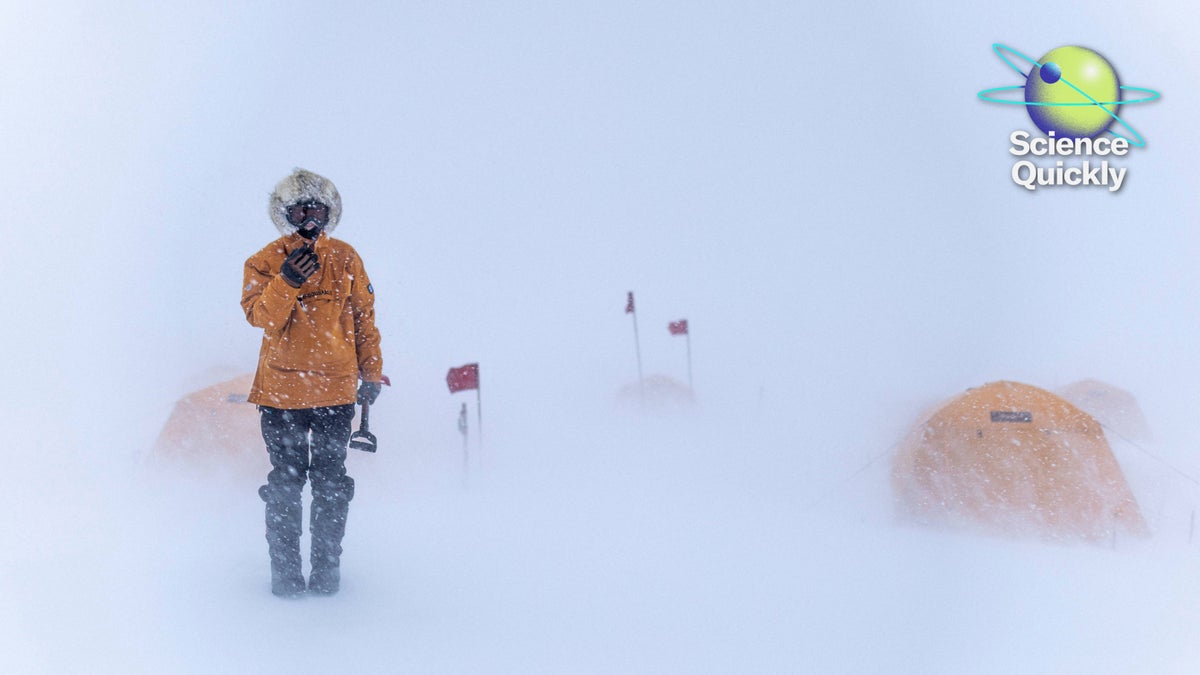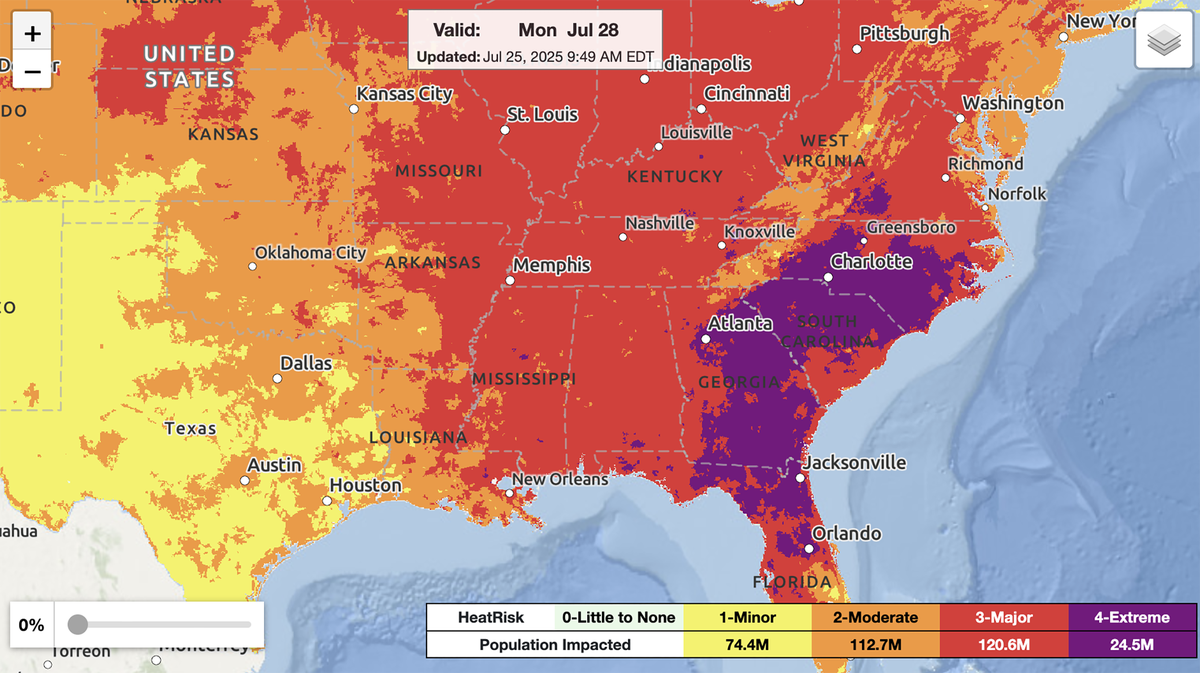Now Reading: Greenland’s Ice Sheet Offers New Insights on Climate Change
-
01
Greenland’s Ice Sheet Offers New Insights on Climate Change
Greenland’s Ice Sheet Offers New Insights on Climate Change

Speedy Summary
- Since 2002, five and a half trillion tons of ice have melted from Greenland’s ice sheet.
- Satellites have monitored the mass loss for over 20 years; though, scientists remain uncertain about how the ice sheet might collapse.
- Greenland’s ice sheet harbors roughly 24 feet of global sea-level rise in its frozen mass. Understanding how it breaks apart is critical for predicting future climate impacts.
- A scientific expedition known as “GreenDrill,” based at Columbia University and the University at Buffalo, aims to investigate Greenland’s ice sheet by drilling through the layers to examine bedrock underneath.
- This research reveals that cosmic ray-exposed isotopic signals within bedrock beneath thes ice sheets can provide insights into when the region was covered by or free of glacial mass in past climate periods.
- Previous findings (e.g., from rock samples analyzed in 2016) suggest Greenland’s vast ice cover disappeared entirely during parts of geologic history-that process likely occurred much faster than anticipated.
- Researchers are seeking further clarity on these melt dynamics because even partial melting could lead to meaningful societal impacts such as sea level rise and displacement in coastal areas worldwide.
Images include aerial views of windswept camps on greenland’s vast landscape, scientists working with drills pulling up rock cores, polar fieldwork scenes showcasing harsh icy terrain, and moments marking successful extraction steps during GreenDrill operations.
Read More: Scientific American Article
Indian Opinion Analysis
India is geographically distant from this polar phenomenon but may incur tangible repercussions due to accelerating global warming, which studies like GreenDrill increasingly verify. Sea-level rise initiated through melting processes will affect vulnerable coastal zones globally-India included-as nations like India host extensive low-altitude regions along major shorelines supporting urban-commercial economic hubs interconnected agriculture systems reliant below-indirectly reliant clean-water lifeline sustains oceans etc_mount impactful полноцен trajectories worldwide
























